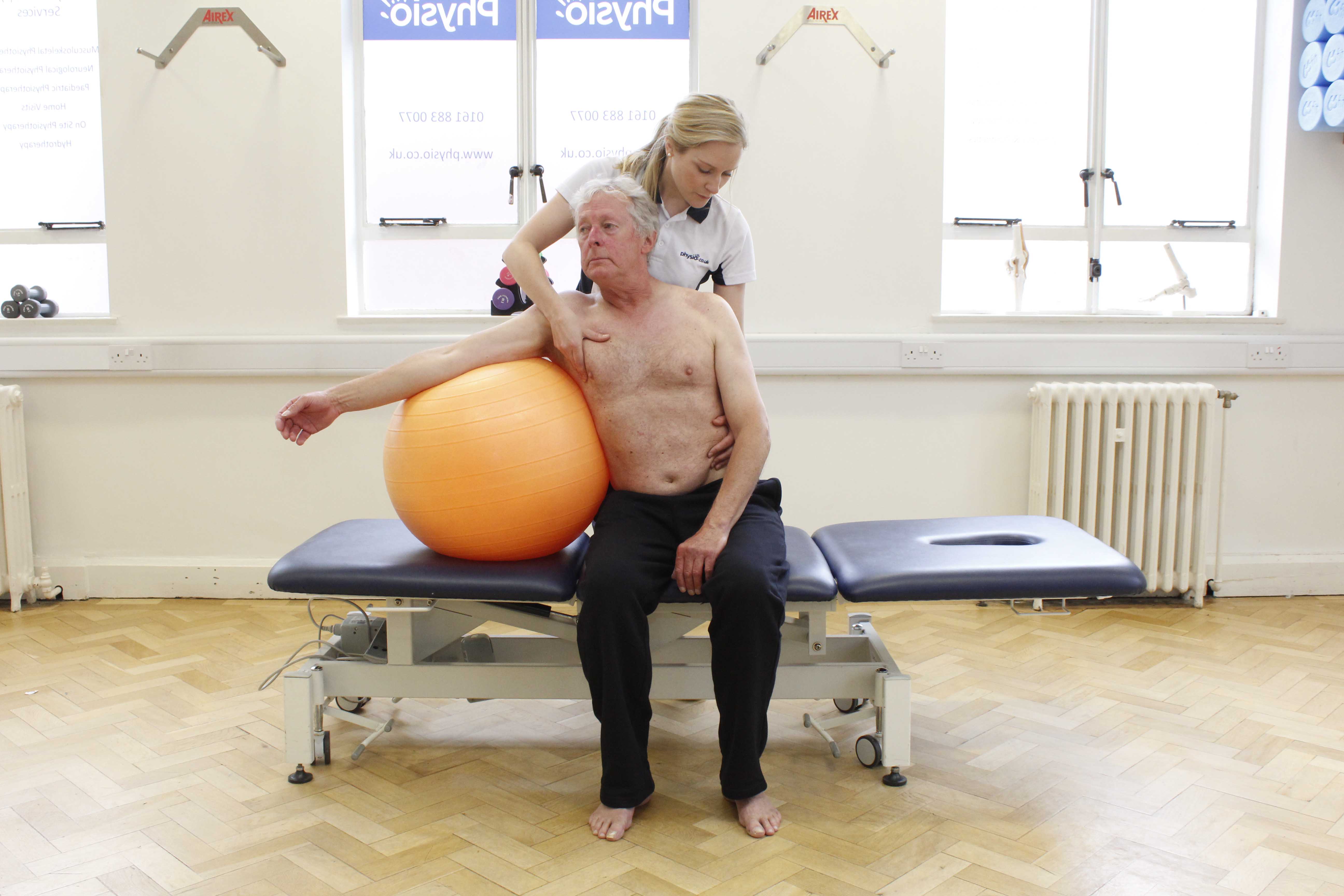What is spinal muscular atrophy?
Spinal muscular atrophy (SMA) is a genetic condition which damages the motor neurons in an area of the spinal cord called the anterior horn causing muscle weakness and a progressive loss of function and mobility. SMA can develop before birth or throughout childhood to adult life.
Motor neurons are nerve cells which connect the brain and spinal cord to the body’s muscles. Electrical signals travel along the motor neurons and to the muscles, controlling when muscles should relax and contract. Damage to these motor neurons means that the link between the brain and muscles gradually break down and people with spinal muscular atrophy have difficulty with activities such as crawling, walking, sitting up, and moving the head.
Spinal muscular atrophy (SMA) affects a person’s physical abilities, such as moving, walking, and breathing. Physiotherapy treatment will help improve range of movement and posture and improve your child's quality of life.
 Above: Mobilisation and stretch exercises for the spine assisted by an experienced physiotherapist
Above: Mobilisation and stretch exercises for the spine assisted by an experienced physiotherapistTypes of spinal muscular atrophy
SMA is classified into different types, based on the age at which the condition develops, and the severity of symptoms. Types 0, I, II, and III develop in childhood, and type IV occurs during adulthood.
The different types of SMA include:
- Type 0 - develops before birth, causing reduced movement of the foetus. This is usually first noticed between weeks 30 and 36 of pregnancy and is a severe form of SMA.
- Type I - also known as Werdnig-Hoffmann disease usually occurs before the age of six months. Symptoms of type I SMA, include difficulties with moving, eating, swallowing, and breathing because the proximal muscles (those closest to the centre of the body, such as the shoulders, hips, and back) are weak.
- Type II – also known as Dubowitz disease, is not as severe as types 0 and I, but it still causes weakness in the proximal muscles. Type II SMA usually develops when an infant is between 6-18 months of age.
- Type III – also known as Kugelberg-Welander disease, usually occurs later than Type I and Type II SMA after the age of 2 years. Type III SMA is the mildest form of childhood spinal muscular atrophy.
- Type IV - begins in adulthood, with the onset of symptoms usually occurring after the age of 35 and the symptoms are milder.
- Kennedy's syndrome - is another type of adult SMA affecting men between 20-40 years of age. This is caused by a defect on the X chromosome.
What causes spinal muscular atrophy?
SMA is a genetic disease caused by a defective gene. SMA is an autosomal recessive condition which means that for a child to develop types 0, I, II and III both parents must be carriers. In this case a child has 1 in 4 chance of developing the condition.
In adults, type IV spinal muscular atrophy can develop either as an autosomal recessive condition, or as an autosomal dominant condition. Autosomal dominant means SMA, can develop if only one parent passes on a defective gene to their child. Occasionally, adult SMA can develop as a result of a mutation (an alteration to the structure of the DNA) in the defective gene.
Diagnosis of spinal muscular atrophy
Diagnosis of spinal muscular atrophy can be confirmed by a physical examination which looks at your childs present symptoms as well as a gene test such as the SMN (survival motor neuron) test. In some cases, when the SMN gene test is not possible or does not show any abnormality, other tests such as an electromyography (EMG) or a muscle biopsy may be used to confirm diagnosis.
What are the effects/symptoms of spinal muscular atrophy?
The most common symptom of spinal muscular atrophy is muscle weakness, accompanied by muscle atrophy (wasting). The symptoms of SMA are strongly related to the type, severity and age of onset. Other symptoms include:
- Hypotonia (poor muscle tone)
- Abnormal reflexes
- Muscle fasciculation (involuntary muscle contraction)
- Scoliosis (curvature of the spine)
- Difficulty breathing and coughing
- Difficulty swallowing
- Increased risk of respiratory infections
Physiotherapy for spinal muscular atrophy?
At Physio.co.uk, our specialised neurological physiotherapists are experienced at treating children and adults with spinal muscular atrophy. Physiotherapy treatment is often commenced shortly after onset of the illness and continued for a period of time for the best possible outcome. Similarly physiotherapy treatment may be required when your child has difficulty reaching milestones such as standing or walking independently.
Physiotherapy treatment will improve flexibility and posture and maintain circulation and muscle strength for as long as possible.
A thorough initial assessment with your physiotherapist at Physio.co.uk will determine how current symptoms are affecting movement and ability with everyday tasks. A rehabilitation programme will then be developed and tailored to your needs.
Depending on your requirements, physiotherapy treatment will focus on:
- Improving joint range of movement,
- Preventing soft tissue shortening
- Improving posture in lying, sitting and standing
- Maximising respiratory function
- Maintaining muscle strength in order to delay muscle wastage.
- Improving quality of life
- Stretching to lengthen tight muscles
- Correcting and varying posture in static and dynamic activities to promote symmetry and comfort
- Passive and active range of movement to increase joint flexibility and maintain muscle strength
- Breathing to reduce the risk of chest infections
- Hydrotherapy to stretch and strengthen muscles
- Advice on orthotics to help reduce any deformities and position the foot whilst sleeping or when standing and walking.
- Advice about equipment to help with mobility, such as walking frames and wheelchairs
For more information, or to book an appointment please call 0330 088 7800

 0330 088 7800
0330 088 7800

































